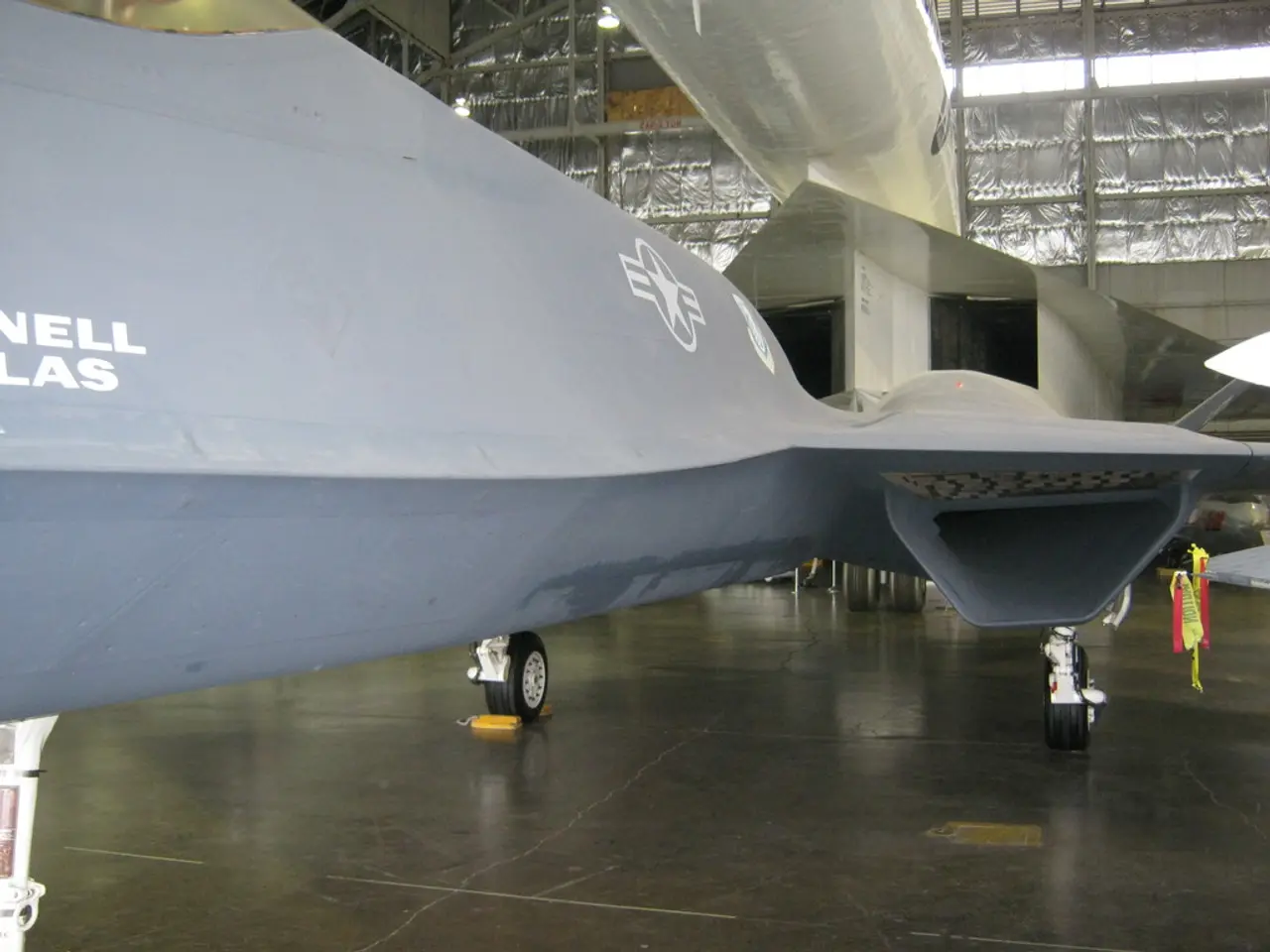Choose Action: Stay or Go
Drumbeats of War Echo Through the Desolate Streets of Tehran
A shadow descends over the once bustling city of Tehran, a metropolis of 15 million souls. The city has been chilled, and its usual chaos has vanished. The streets are eerily quiet, with no cacophony of horns, no clogged roads, and people strolling aimlessly. Shops stand empty, cafes, deserted. Many of its residents have fled, abandoning homes and jobs, everything they knew.
These exodus-seeking souls head north towards Gilan and Mazandaran — two verdant provinces beside the Caspian Sea, known for their lemon and orange trees and lush rice fields. Under normal circumstances, they would visit for vacations. But now, these provinces are their sanctuaries, offering a haven from the violence that's ensued in Tehran. The routes leading to these provinces are congested with frenzied traffic.
One man voices his anguish: "My bank cards are blocked, my cash spent, and I can't even buy bread."
Not all can leave Tehran - some lack the means, others cannot abandon their responsibilities. Among them is Siavash, decidedly remaining despite the relentless bombings: "Israel told us to leave Tehran, but where do I go? I can't abandon my home, my family. My friends have left everything behind and sought refuge in Gilan and Mazandaran. But I can't. I have to take care of my elderly parents." His mother battles cancer and is undergoing treatment. "Her latest chemotherapy, scheduled for this week, was canceled because everyone has deserted the city. Many doctors and medical staff in the hospitals have also gone." uncertainty surrounding Siavash's mother's fate looms large. "We live on the western side of Tehran and can't sleep at night due to the rockets. I'm against the war, and I fear for what's to come, especially for my mother."
Israel's Defense Minister, Katz, had warned, "Tehran will burn," and he has kept his word. Images and videos of the city — partly destroyed — circulate on the internet. Even Karaj, a city about 40 kilometers west of Tehran, has succumbed to Israeli attacks multiple times this week. Shila shares her tale from Karaj: "We endure long lines for everything, even food. Supermarkets restrict the issuance of many items. People stockpile food and health supplies, while stores hoard everything they can hold onto for a long period."
across Iran, dozens of civilians lose their lives in the ongoing conflict. Some Iranians express support for Israel's attacks on their homeland, surprising sociologists. How can such sentiments surface under several decades of ideological training and anti-Israeli propaganda? "It's understandable why some here might embrace the war," Shila explains. "Under this immense economic pressure, one can reach a point where war seems the only option, and the devastation of one's own people may go unnoticed."
One supporter of the Israeli attacks is Sara from Shiraz: "I've felt unsafe in this country for years, and this land doesn't belong to me. I lack the purchasing power, and no piece of this land is truly mine. But now, I say: Which land? A land where nothing belongs to me? A land where I have no feelings of peace or security? A land where I have no right to happiness?"
Amidst the chaos, one can't help but wonder if the war will lead to a brighter future for the generations to come. Some hope and pray for a better tomorrow, with happiness, prosperity, and freedom for the children of the future. Saras words ring true: "The children of the future should live in a land that belongs to them."
Context: The present tense descriptions show ongoing tensions between Israel and Iran. This conflict has led to air strikes and bombings on Tehran and neighboring provinces, causing civilian casualties, infrastructural damage, and disruptions in daily life. The violence has resulted in displacement of residents, traffic pattern disruptions, and economic hardship due to the widespread destruction. The situation remains volatile as both countries continue to engage militarily with each other.
Enrichment Data: The recent Israeli air and drone strikes on Tehran and surrounding provinces in Iran have caused significant casualties, infrastructure damage, and disruption to daily life as part of an escalating conflict between Israel and Iran.
- Casualties & Damage: On June 15, 2025, a bombing in Tajrish Square in Tehran killed at least 12 people, including children, a pregnant woman. The attacks claimed at least 950 lives according to human rights groups, with hundreds of civilians among the fatalities. Iranian officials report over 400 killed and more than 3,000 wounded nationwide due to these strikes.
- Infrastructure Damage: Strikes targeted both civilian areas and military/nuclear facilities, resulting in widespread damage and economic hardship. The destruction of facilities and ongoing insecurity have hampered business operations, trade, and daily commerce. The attacks are part of Israel's efforts to target Iran's nuclear and ballistic missile capabilities and decapitate military leadership, contributing to regional instability.
- Broader Context: Iran retaliated with missile and drone attacks against Israeli cities. The conflict is parallel with Israel's ongoing conflict with Hamas in Gaza and overshadows international efforts to negotiate a new nuclear deal.
- As ongoing war-and-conflicts between Israel and Iran persist, politics surrounding the region are dominated by discussions on the future of Tehran and its people, with the general-news focusing on civilian casualties, infrastructural damage, and disruptions in daily life.
- The devastating impact of war-and-conflicts in Tehran has led to discussions in politics and general-news about possible changes in the political landscape, with some questioning whether the conflict will pave the way for a brighter future or perpetuate further instability in the region.






